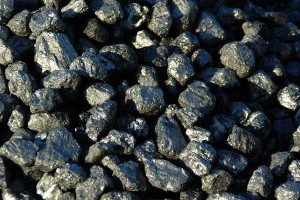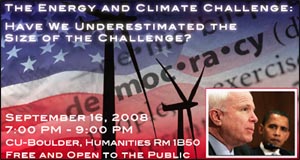An Insider’s View on RGGI
September 24th, 2008Posted by: Roger Pielke, Jr.
[The below was submitted as a comment on an earlier post, and seems well worth highlighting. It is an insider's view on the Regional Greenhouse Gas Initiative (RGGI) of 10 northeastern states. The idea that speculators could enter the market to drive up the value of the permits is very intriguing. RP]
Overall I agree with Roger’s ultimate conclusion but I want to add some additional information. I was involved in the RGGI process since the beginning so I want to clear up a misconception about the current cap and I want to give my impression of the RGGI auction before the first one is held on September 25.
I do not think RGGI cap was set to reduce emissions because that wasn’t the primary purpose of RGGI. At the start of the RGGI process there was a tacit understanding amongst the participants that the real goal of RGGI was to develop the framework for a CO2 cap and trade program that could be used as a model for a national program. After all, the unstated reality is that it could never hope to actually have any impact on global warming. Anyone is welcome to debate that point but a 188 million ton cap and a 19 million ton reduction is certainly noise on the global level.


